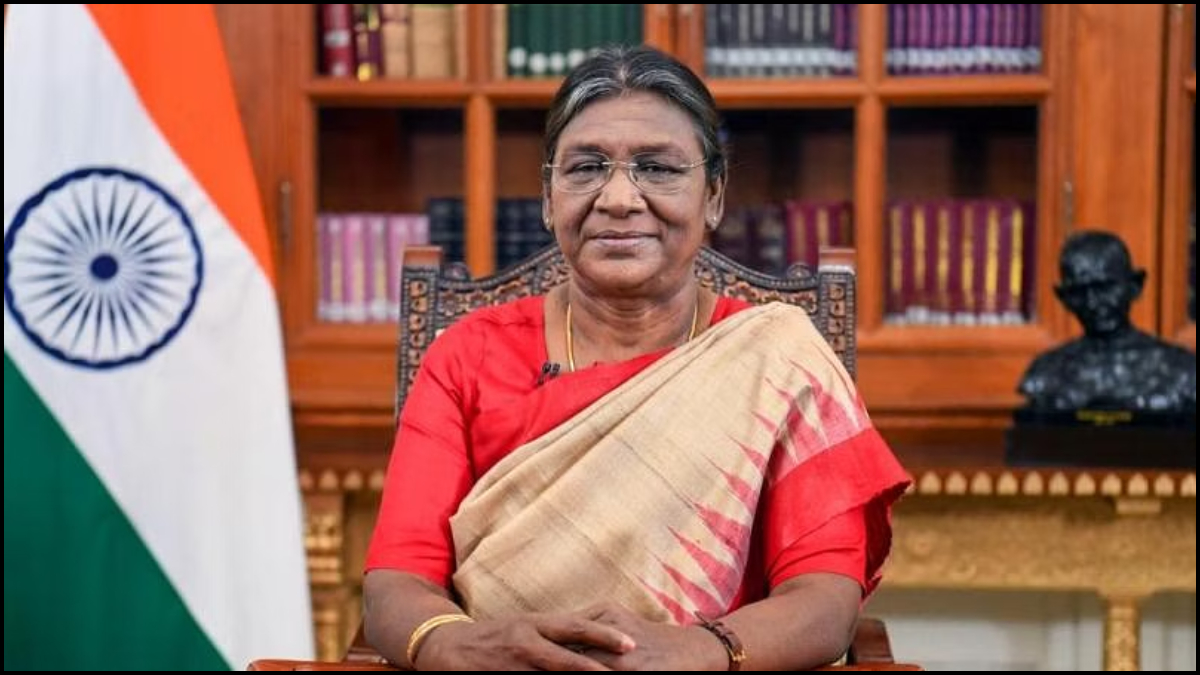On December 25, President Draupadi Murmu granted her assent to three groundbreaking criminal code bills, marking a significant shift in India’s legal landscape. These bills, namely the Bharatiya Nyaya Sanhita, the Bharatiya Nagarik Suraksha Sanhita, and the Bharatiya Sakshya Act, received parliamentary approval and are poised to replace the age-old Indian Penal Code, the Code of Criminal Procedure, and the Indian Evidence Act of 1872.
Focus on Justice, Not Just Punishment
Union Home Minister Amit Shah emphasized a paradigm shift during the parliamentary debate, stating that the new laws prioritize the delivery of justice over a punitive approach. The overarching goal is to revamp the criminal justice system comprehensively.
Redefining Offences and Punishments
The trio of bills aims to redefine various offenses and their corresponding punishments. Notably, the legislation provides a clear definition of terrorism and introduces a novel section titled “Offences Against the State.” Strikingly, it abolishes sedition as a crime, replacing it with a more contemporary framework.
Bharatiya Nyaya Sanhita Takes Center Stage
Effective from December 26, 2024, all fresh First Information Reports (FIR) will fall under the purview of the Bharatiya Nyaya Sanhita, signifying a departure from the Indian Penal Code. This move underscores a deliberate effort to modernize legal proceedings and align them with contemporary challenges.
Opposition’s Strong Resistance
Opposition parties, aligned under the INDIA bloc, have vehemently opposed these bills. In a meeting of floor leaders, strategies were discussed, including the possibility of approaching the courts once the bills receive the president’s assent. The contentious nature of these legislative changes reflects the broader debates surrounding justice, security, and the balance between individual freedoms and state interests.
Questions Related to Exams
Q: What bills did President Murmu recently approve, and what laws do they replace?
A: President Murmu approved three bills—Bharatiya Nyaya Sanhita, Bharatiya Nagarik Suraksha Sanhita, and Bharatiya Sakshya Act. These laws replace the Indian Penal Code, Code of Criminal Procedure, and Indian Evidence Act of 1872.
Q: What is the focus of the new criminal code bills?
A: The bills, emphasized by Union Home Minister Amit Shah, prioritize delivering justice over punitive measures, aiming to revamp the criminal justice system.
Q: What significant changes do the bills bring to offenses and punishments?
A: The legislation introduces clear definitions for offenses like terrorism, replaces sedition, and adds a section on “Offences Against the State,” redefining the legal landscape.
Q: When will fresh FIRs be registered under Bharatiya Nyaya Sanhita, and what does this signify?
A: Starting December 26, 2024, all new FIRs will be registered under Bharatiya Nyaya Sanhita, marking a shift away from the Indian Penal Code and reflecting a modernization effort in legal proceedings.




 Big Change at Rashtrapati Bhavan! Lutyen...
Big Change at Rashtrapati Bhavan! Lutyen...
 India Launches ‘Prahaar’: New National C...
India Launches ‘Prahaar’: New National C...
 Vice-President Launches Tamil & Guja...
Vice-President Launches Tamil & Guja...








